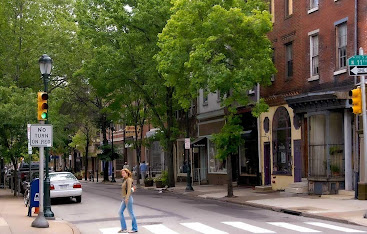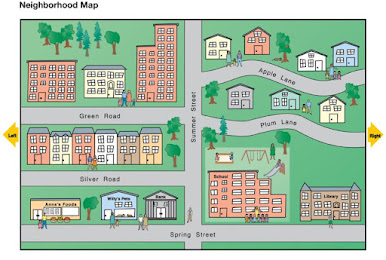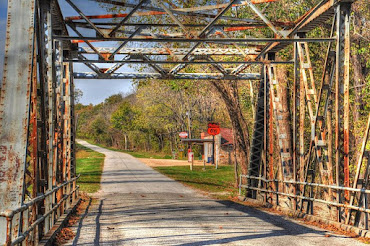Trees Along Sidewalks: Practical Advice for a Submitted Question

This week's blog is more of a Q&A on a topic I have been asked before but did not, until now, have a really good comprehensive answer. Many thanks to specialists with the Missouri Conservation Department who responded. Q: We have a neighborhood here in one of our historic districts that has street trees that are damaging the sidewalks. We are going to facilitate a meeting for the neighbors to discuss how to handle this. Do you have a contact in the extension who might now about what kind of trees are appropriate to plant along a street that won’t pop up the sidewalk or street with their roots? I know it’s asking nature to not do what it does, but that’s where we are." - Laura Mize, Neighborhood Specialist, City of Excelsior Springs, MO A: My suggestion is to plant nothing in the "death strip." My apology for my snarky remark, but seriously I can think of no good tree to plant in that area. I am copying my urban go-to guy, Jon Skinner. -- Hank Stelzer, Unive





